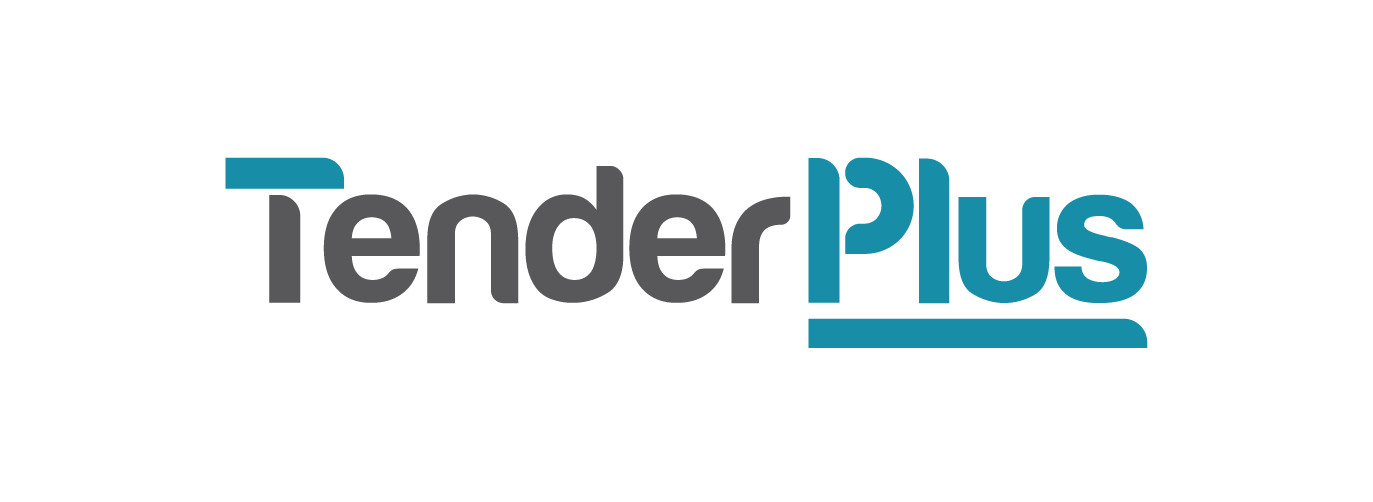RESPECT
3 min read
Written by Louise Ferguson, Senior Tender Specialist
The notion of respect seems to mean different things to different people, and given extraordinary circumstances, can be forgotten in an instant.
According to the Oxford Dictionary, there are two distinct meanings – “a feeling of admiration for someone or something because of their good qualities or achievements” and “polite behaviour towards or care for someone or something that you think is important”.
Those who are closest to me, know that I am a big believer in treating people as you wish to be treated. I try to apply this thinking every day, in every facet of my life and as my children traverse the big, and sometimes bad, world of high school, I have lost count of the number of times I have reminded and reinforced this message.
In a corporate setting, the term ‘Respect’ is often incorporated into company values and core principles, alongside others such as Teamwork, Integrity and Honesty, but what does this really mean in practice?
What happens after you complete the compulsory e-learning induction suite, which almost certainly includes a module and test on company values and principles? In my experience, you must pass successfully (usually 80% or higher) and then get on with the job. No follow up, no regular discussion or reinforcement. If the importance of corporate values is not supported consistently, and more importantly, from senior management leading by example, then won’t the message be lost?
Respect is the glue that holds relationships together and is not simply about using your manners. And particularly in the world of tenders, it is about:
Seeing the value in someone else’s time and not taking them for granted
Asking the question and not making assumptions regarding whether a person can stay back late or work extra hours
Collaborating and having trust in the team to achieve a common goal
Being able to delegate when you know someone is perfectly capable of doing the job
Looking up to someone else for their contribution and achievement, and
Acknowledging a job well done.
Personal reflection can be hard, but is important just the same. Changing the way we think and behave can be as simple as asking yourself – “how would I like to be treated in that situation?”
So if you find yourself entrenched in the final 24 hours of a significant tender and not everything is going to plan, or chatting about the challenges in your kids’ day, show respect by listening, collaborating, empowering, understanding or simply sharing information and knowledge. By doing this you are placing a value on that person as an individual and on their input – cementing a positive relationship and quite possibly making their day!
